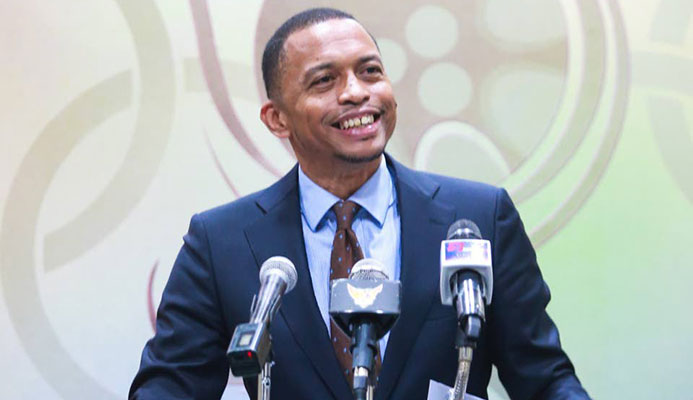On March 25, 1807, parliament in London, England, passed a law formally abolishing the slave trade in the British Empire. However, slavery didn't end then freedom for existing slaves did not come in the British territories until 1838.
In describing the Slave Route Project, www.unesco.org articulated the following: "Ignorance or concealment of major historical events constitutes an obstacle to mutual understanding, reconciliation and cooperation among peoples."
UNESCO (United Nations Educational, Scientific and Cultural Organisation) has thus decided to break the silence surrounding the slave trade and slavery that have concerned all continents and caused the great upheavals that have shaped our modern societies.
Launched in 1994 in Ouidah, Benin, on a proposal from Haiti, the "Slave Route Project: Resistance, Liberty, Heritage”, pursues the following objectives:
- Contribute to a better understanding of the causes, forms of operation, stakes and consequences of slavery in the world (Africa, Europe, the Americas, the Caribbean, the Indian Ocean, Middle East and Asia);
- Highlight the global transformations and cultural interactions that have resulted from this history;
- Contribute to a culture of peace by promoting reflection on cultural pluralism, intercultural dialogue and the construction of new identities and citizenships.
Under the guidance of an International Scientific Committee, the project continues its actions as to encourage new research in neglected regions, to define new approaches for the teaching of this history, to elaborate new guides for the identification, preservation and promotion of sites and itineraries of memory related to the slave trade and slavery, to promote the contributions of people of African descent to the construction of contemporary societies and finally to preserve written archives and intangible heritage related to this history.
Since 2012, new conceptual orientations have been developed for the project and presented to the member states, as to take into account the new international context. They define the principal domains of action of the project in response to the major stakes of the international agenda and in particular the action plan of the international decade for people of African Descent (2015-2024), such as:
- A memory shared history and heritage;
- Interculturality, transculturality and new forms of identity and citizenship;
- Human rights fight against racism and discrimination, new solidarities and new humanism;
- Africa and its diasporas past and present;
- Living cultures and contemporary artistic creation (depiction and staging of slavery);
- Intercultural education, the culture of peace and intercultural dialogue.
There is a reluctance (and that may be an overly euphemistic description) to discuss slavery, emancipation, repatriation, abolition. In the context of not only T&T but the British Empire.
Slavery and indentured labour along with Colonialism is an aspect of T&T history that ought not to be shunned.
To move past slavery and release ourselves from the mental, emotional and psychological shackles the fear - if that is what it is - of examining our history should be removed.
Sport in T&T has been impacted by the country's history, to what extent, is a good conversation to have. Such a conversation may very well help identify the intangible factors holding local sports back from realising its full potential.
Editor's Note:
Brian Lewis is the President of the T&TOC Committee and the views expressed are not those of the organisation.

